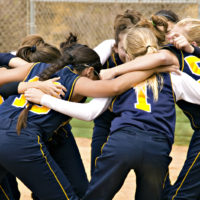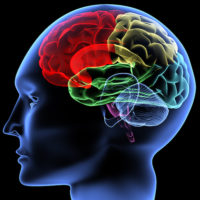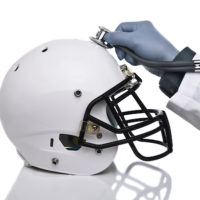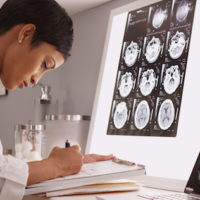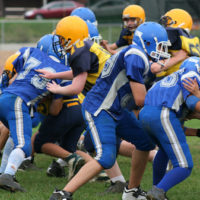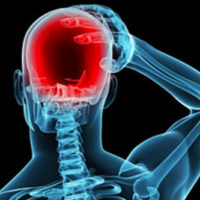Archive
Brain Injury Diagnosis & Treatment
How are traumatic brain injuries diagnosed, and what treatment is recommended for concussions and other brain injuries?
Empowering Your Kids to Speak up About Concussions in Youth Sports
There are many reasons why kids do not report concussions. They must be educated about brain injuries, including concussions. They must be empowered to report to an adult any symptoms after a blow to the head, neck, or body that causes neurological symptoms (like dizziness, headache, or confusion). Removal from the sport or activity followed by evaluation by a licensed healthcare provider should be expedited.
Talk to Your Kids About the Concussion Risk of Collision Sports
Children and adolescents must understand that if they have any symptoms after a blow or jolt to the head or neck they must stop immediately and get help from an adult.
A Neuropsychologist is a Brain Injury Expert
Neuropsychologists are psychologists with training in brain functioning. They offer evaluations, education, and counseling for people with brain injuries. Health can educators help, too, because education is a key part of concussion care.
What is ImPACT for Concussion and Who is It For?
The Immediate Post-Concussion Assessment and Cognitive Test (ImPACT), an FDA-approved computerized tool for evaluating people with a suspected concussion, is not a stand-alone diagnostic tool. A comprehensive evaluation that includes additional cognitive testing, a physical examination, and a care plan are necessary.
Getting Top-Notch Care after a Concussion
Concussion clinics vary in terms of protocols and personnel. Neuropsychologist Richard Delmonico discusses one model in the Kaiser Permanente health system.
Can We Adequately Treat Concussion?
Finding a physician specializing in brain injury medicine can be difficult because the field is relatively new, but there are resources to help.
Concussion and Youth Football: What’s the Score?
Over a million youth ages 6-12 and 1.5 million age 12 to 17 play football, the most dangerous sport in America. Prevention efforts cannot take away all the risk.
The Consequences of Concussions Are Not Necessarily “Mild”
Caroline had a sports-related concussions on the soccer field. Immediate removal from a game or practice after a suspected concussion should be followed by a medical evaluation. Death and disability from second impact syndrome can be prevented with adherence to guidelines and laws enacted in all states and the District of Columbia.
Concussions or “Mild” Brain Injuries are Still Misunderstood
Even as the incidence of concussions is on the rise in the U.S. and in countries around the world, this injury from a blow to the head remains a largely misunderstood condition. Concussions happen to people from all walks of life—young athletes, the elderly, people injured in motor vehicle accidents,…
Keep up to date
Get updates on the latest in concussion, brain health, and science-related tools from Dr. Elizabeth Sandel, M.D.
By clicking SIGN UP, you agree to receive emails from Dr. Sandel and agree to our terms of use and privacy policy.
